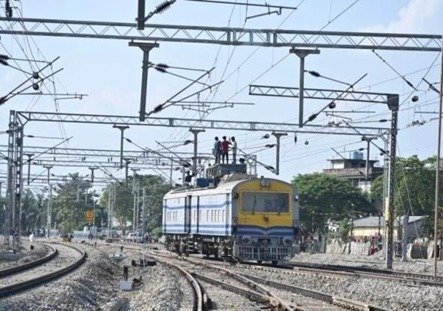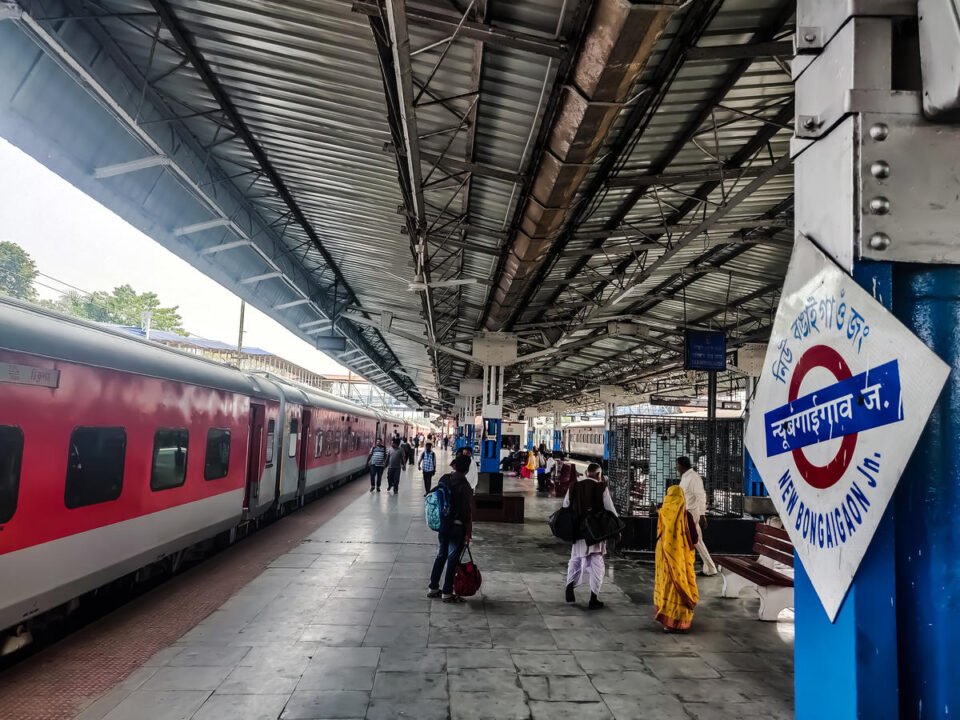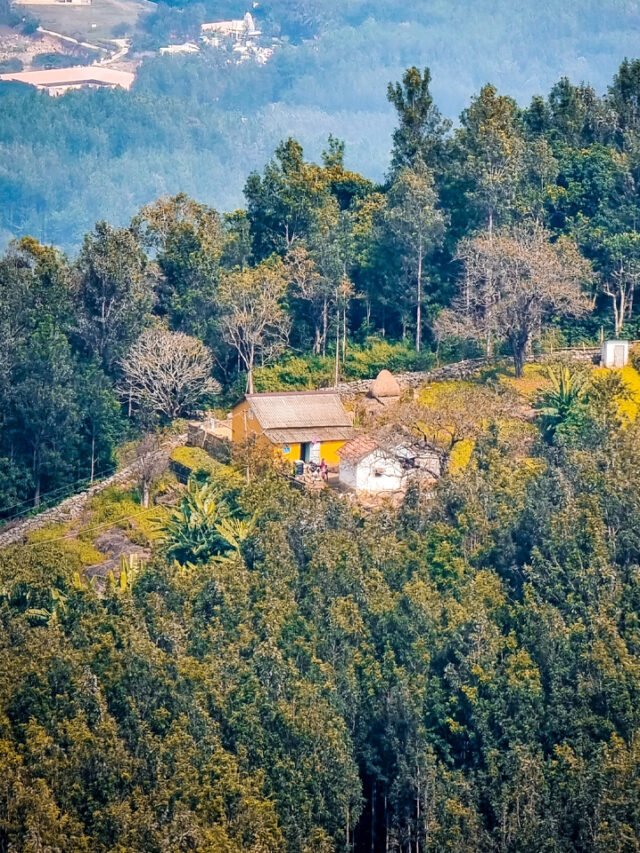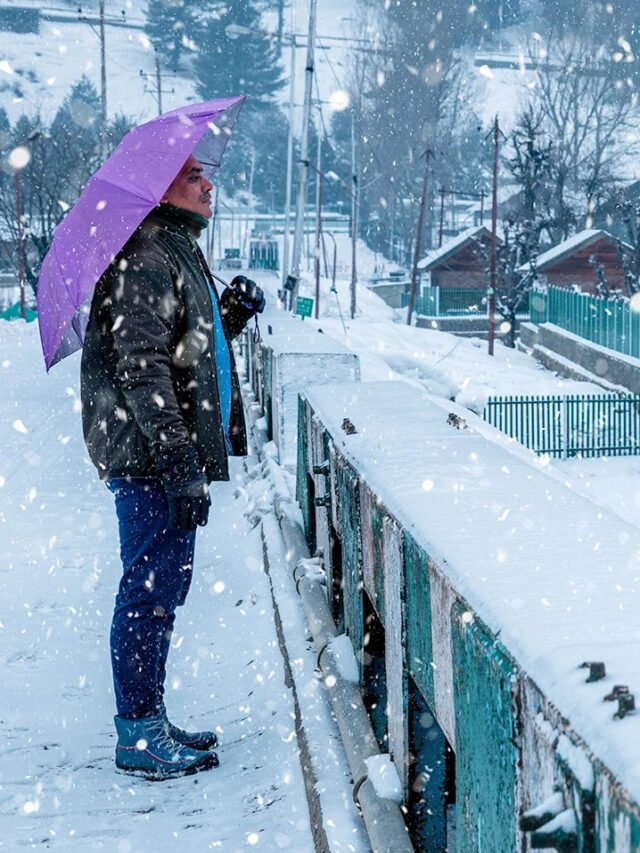HT Bureau
GUWAHATI, Feb 26: The Northeast Frontier Railway (NFR) has made remarkable strides in electrification, significantly enhancing rail connectivity, reducing travel time, and improving freight movement across its jurisdiction, said an official statement on Wednesday.
A major milestone in this journey was achieved on April 11, 2017, when the Katihar-Amritsar Express train no 15708/15707 became the first passenger train to run on electric traction in the Katihar – Barauni section.
Union Railway Minister Ashwini Vaishnaw has stated that the electrification of railway networks in the Northeast is set to be completed by March 2026.
“This initiative is expected to boost connectivity, enhance operational efficiency, and support sustainable transportation in the region,” the statement quoted.
Despite challenging geographical and logistical conditions, NFR has successfully overcome these hurdles, leading to substantial improvements in connectivity, travel efficiency and freight operations.
As of January 2025, NFR has electrified 2,828 Route Kilometers (RKM).
The electrification of the Rajdhani route is set to be completed by March 2025, with full electrification across NFR targeted for completion by the end of the calendar year 2025.
The electrification of major routes such as Katihar – Guwahati, Guwahati-Lumding, Lumding-Furkating, Agartala-Sabroom and Agartala – Jiribam has played a crucial role in strengthening regional connectivity and driving economic growth.
“NFR’s electrification journey has been marked by significant milestones, starting in April 2017, when the first freight and passenger trains on electric traction were introduced in Katihar Division, followed by the first Rajdhani Express from Katihar on April 14, 2017,” the statement said.
Other landmark achievements include the first passenger train on electric traction between New Jalpaiguri and Kolkata on January 9, 2020, the historic arrival of Brahmaputra Mail in Kamakhya station of Guwahati from New Delhi on October 22, 2021, covering over 2,000 km on full electric traction and the launch of the first Rajdhani Express between Guwahati and Katihar on February 26, 2022.
Prime Minister Modi dedicated the fully electrified Katihar-Lumding route, encompassing major stations such as New Jalpaiguri, New Coochbehar, New Bongaigaion, Rangiya and Guwahati, further strengthening connectivity in the region.
To sustain electrification, NFR has established electric locomotive sheds at Malda, Siliguri, and New Guwahati, with further expansions in progress to facilitate a complete transition from diesel to electric locomotives, the statement further informed.
The WAG9 series of electric locomotives are currently in operation for freight transport, and loco trip inspection sheds are being developed at key locations.
Additionally, the open access to Electrical Power initiative is in its advanced stages, allowing NFR to procure electricity from multiple sources across India.
Several traction substations across Assam are also being commissioned to enhance power supply and reduce the burden on the state’s grid.
In line with Indian Railways’ commitment to sustainability, NFR is actively incorporating solar and wind energy into its railway operations.
Plans are underway to install 50 MWp solar power plants across its jurisdiction, supporting the transition to a greener and more energy efficient railway network.
With full electrification, NFR will further boost regional development, tourism and economic growth, making rail transport more efficient and environmentally friendly.
With a vision of achieving a fully electrified, self-sustaining railway network, NFR is set to play a crucial role in India’s green and sustainable future.
As India marks 100 years of railway electrification, this transition from steam and diesel to electric locomotives underscores the country’s dedication to modernisation, efficiency, and sustainability.
A fully electrified, self-sustaining railway network is now within reach, paving the way for a new era of progress in Indian Railways, the statement concluded.












